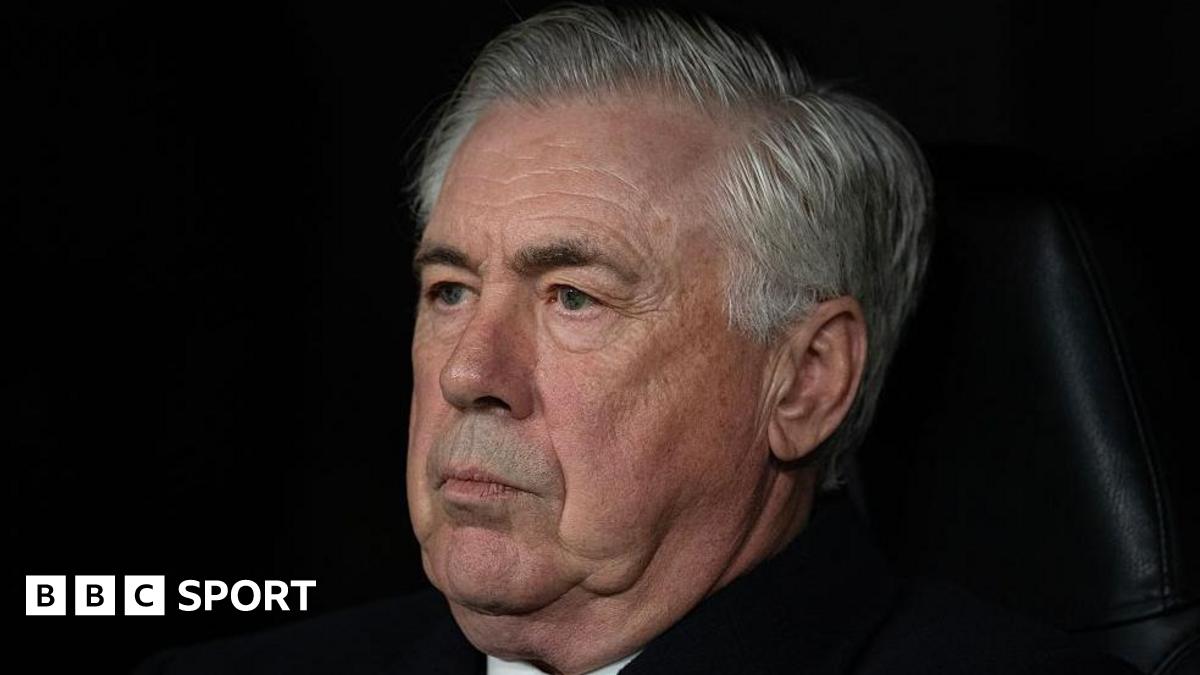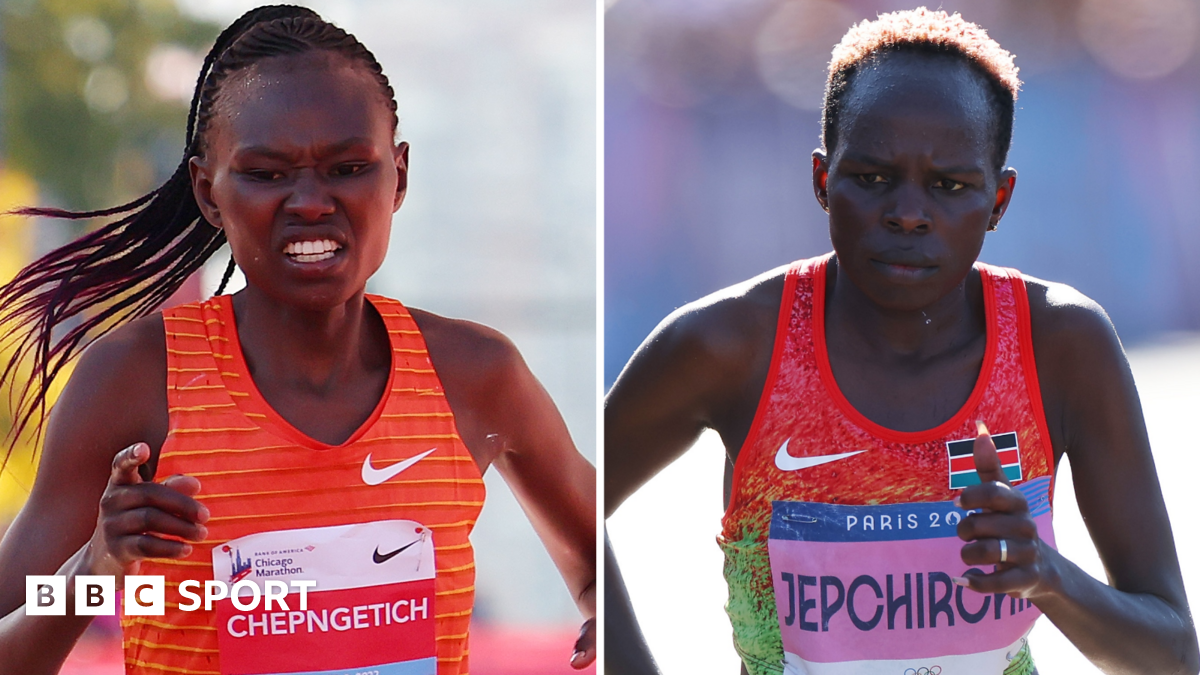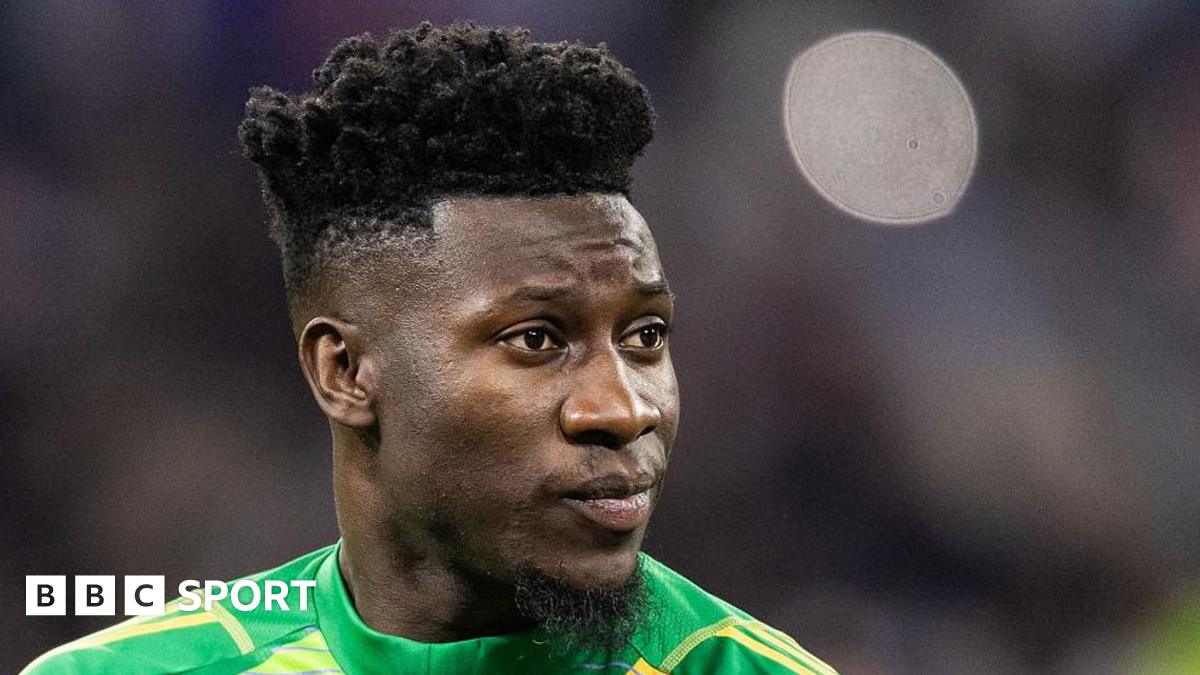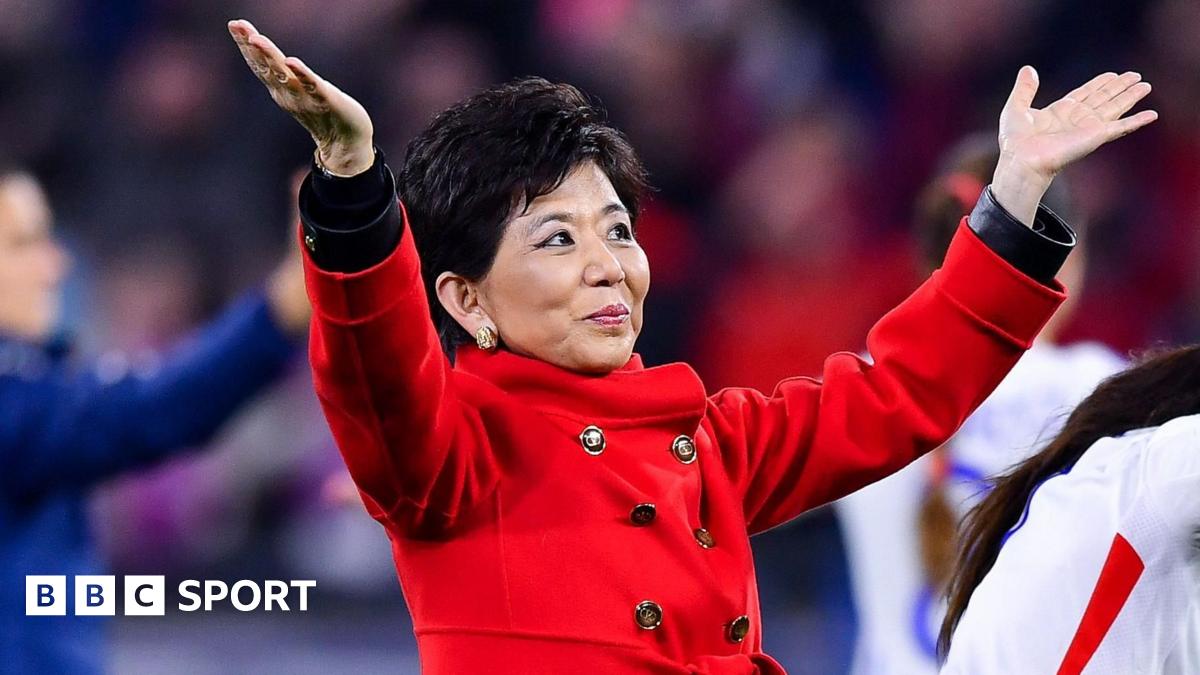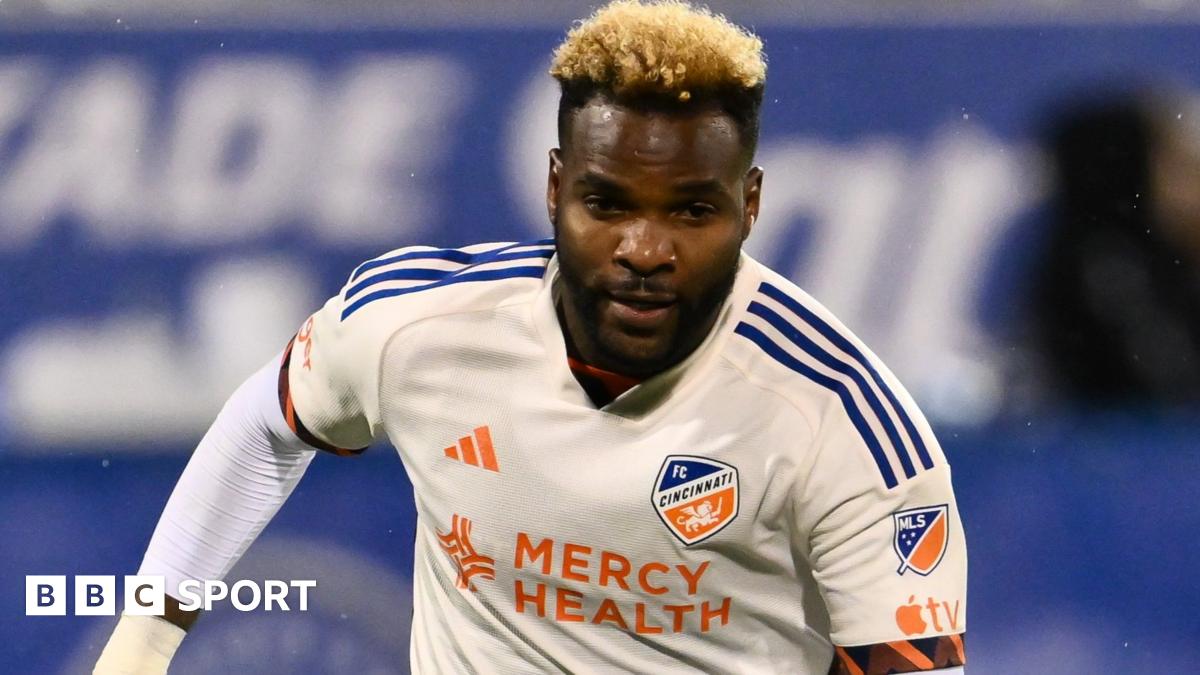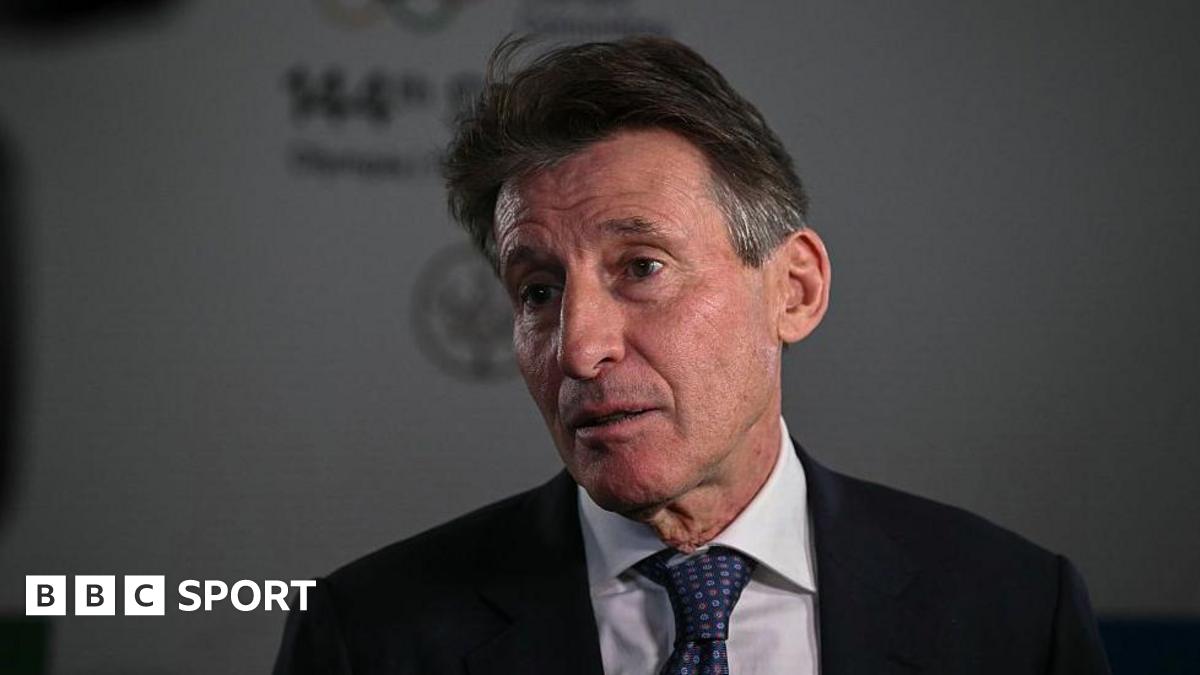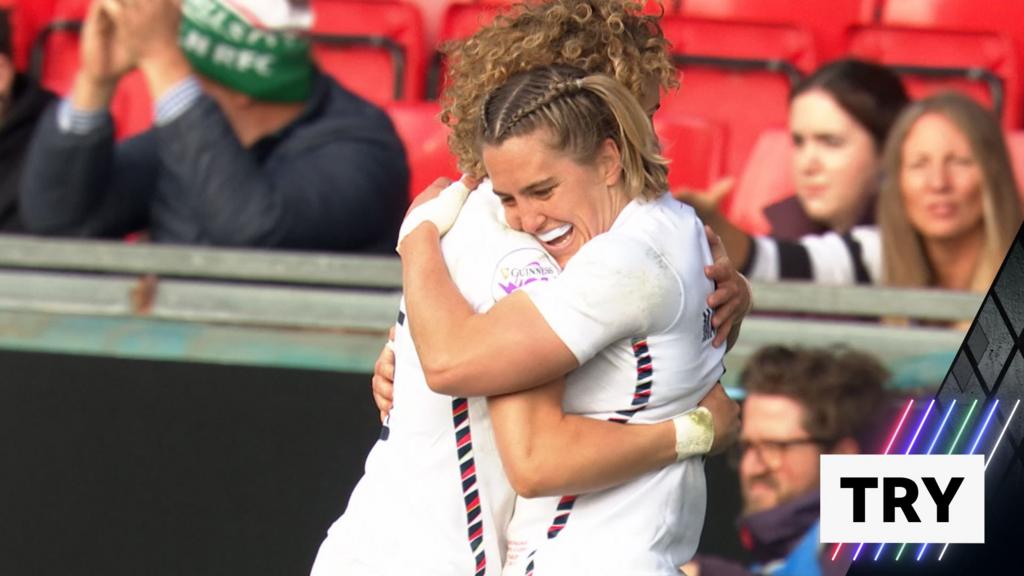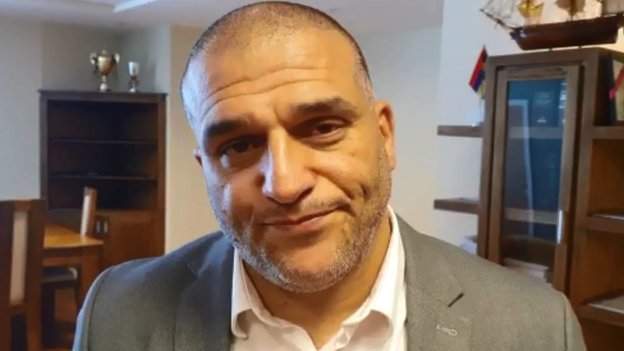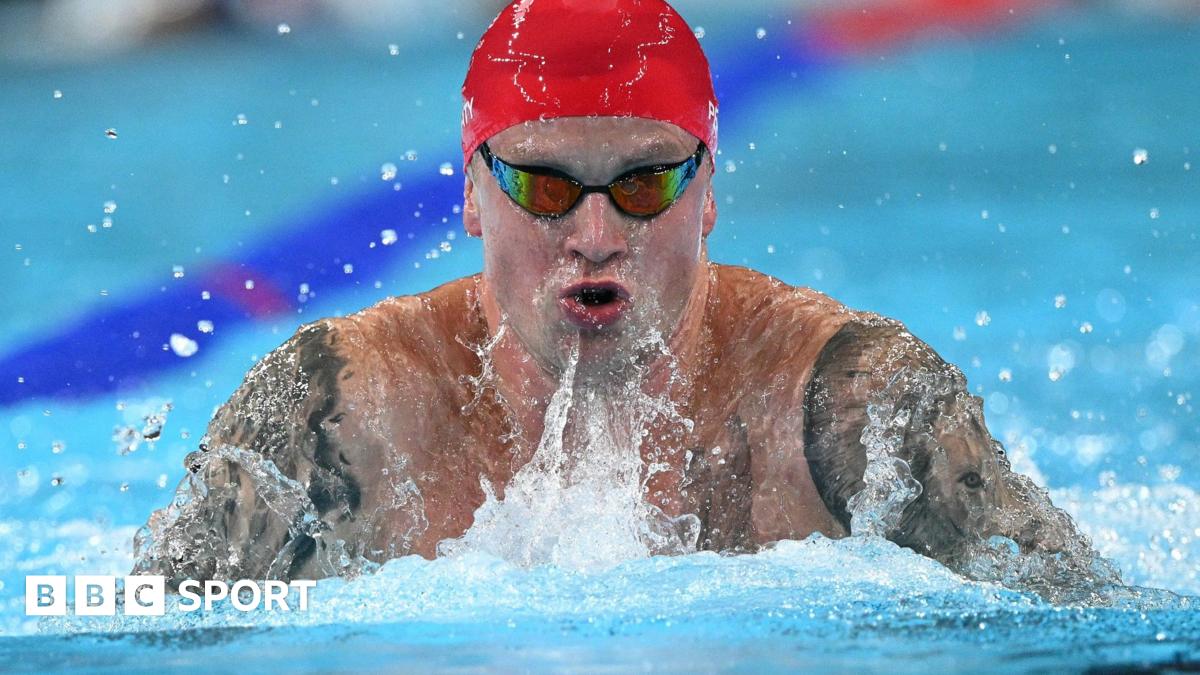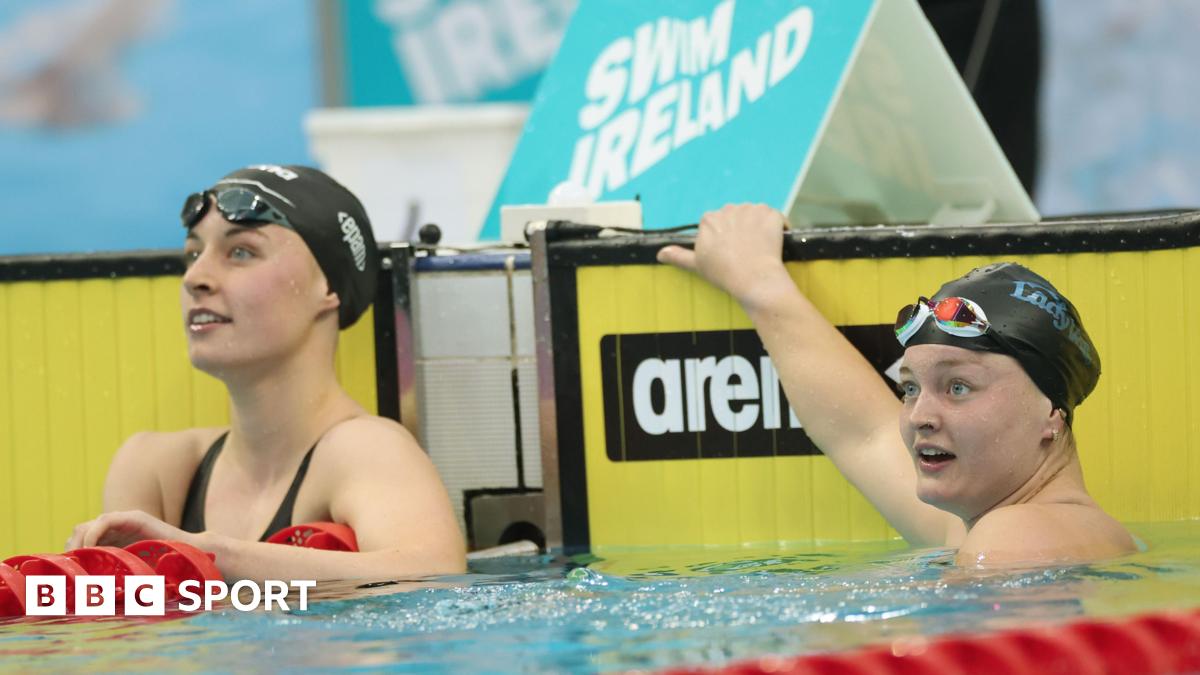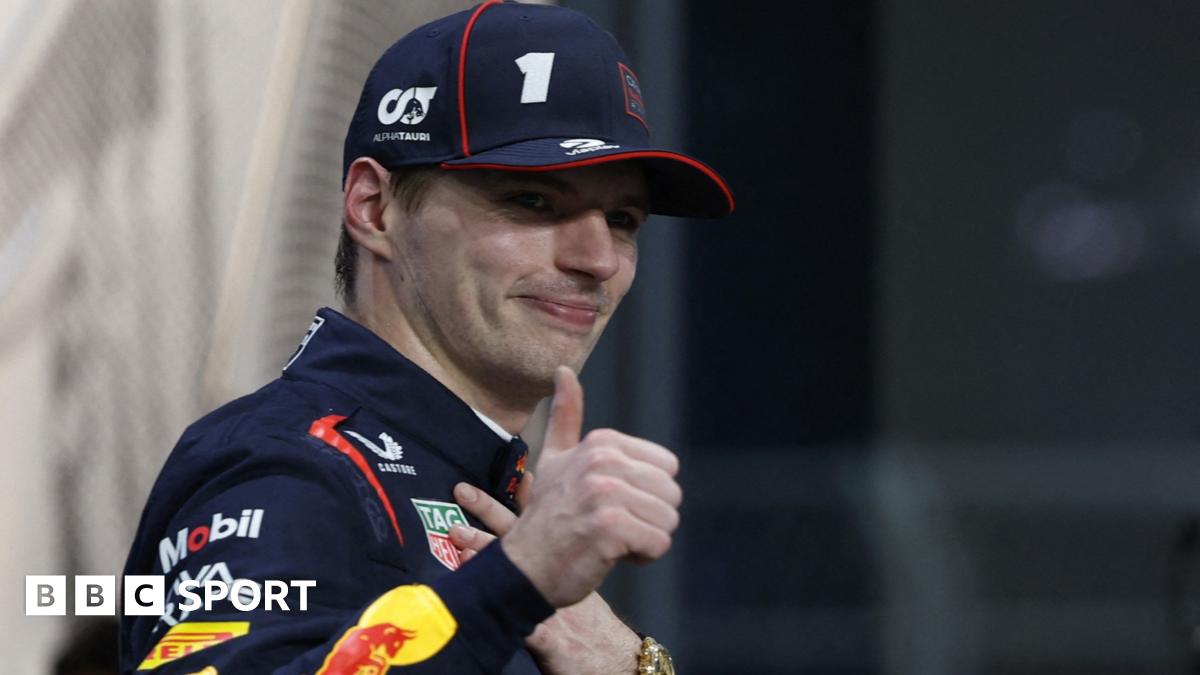“First of all, I think it underpins common sense, but secondly, it removes a lot of legal uncertainty and interpretation.
“The philosophy that we hold dear in World Athletics is the protection, the promotion of the integrity of women’s sport.
“It is really important in a sport that is permanently trying to attract more women that they enter a sport believing there is no biological glass ceiling here.”
World Athletics introduced a swab test for elite athletes who wish to compete in the women’s category at international events earlier this year.
The test looks for the SRY gene, which is “almost always on the male Y chromosome” and “is used as a highly accurate proxy for biological sex”.
Coe says the introduction of the test has been welcomed: “That was a very important step, and it’s been broadly welcomed in sport and that’s the position we’re in.
“Let me be clear, the World Athletics policy is very clearly defined, and it is around elite female sport – for us that is absolutely vital.
“This is a very different issue, and it is really important that we have clarity at the highest level of sport.
“Inclusivity is a very important element in our sport, and we hold that sacrosanct, and our policies are not preventing transgender competitors from wanting to enjoy the physicality of sport.
“We are saying, at elite level, for you to compete in the female category, you have to be biologically female.”
Several sports including athletics, cycling and aquatics have implemented outright bans on transgender women taking part in women’s events.
In 2022, British Triathlon became the first British sporting body to establish an open category in which transgender athletes can compete.
Other sports have instead put in place eligibility criteria.
Earlier this month, the English Football Association introduced stricter rules, but would still allow transgender women to continue to compete in the women’s game as long as their testosterone was kept below a certain level.
Sport England, which is responsible for developing grassroots sport, said, external: “Sport England is not a regulator of sport and we do not run facilities.
“However, we do provide guidance on requirements around inclusion, safety and fairness to ensure that the needs of all groups are met.
“We are now considering what the ruling means for grassroots sports and clubs.”
In a statement to BBC Sport the England and Wales Cricket Board said it was “seeking legal guidance on possible implications of the Supreme Court ruling”.


